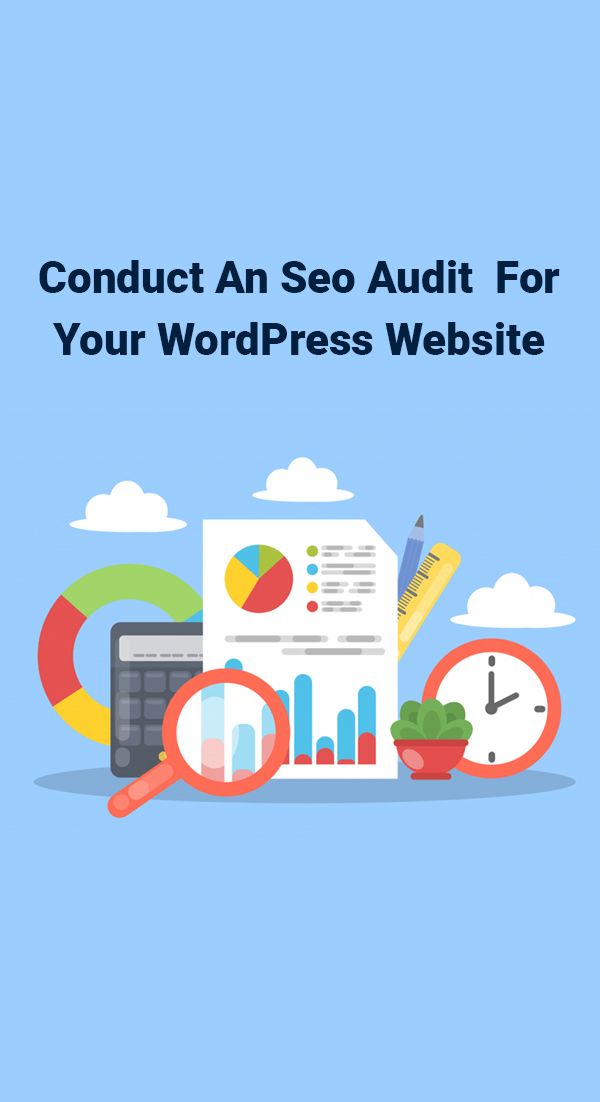
An SEO audit for your WordPress site can boost your search engine rankings by identifying your SEO weak points and making the necessary changes. A WordPress SEO audit will help you identify your weaknesses and prioritize your SEO efforts, and it can help you gauge the impact of changes on your site. A popular SEO tool is SEMrush, which lets you check your backlinks, track keyword rankings, and check your competition’s sites. It can also perform a full SEO audit for you.
When you perform a WordPress SEO audit, you’ll want to look for missing or incorrect meta tags. The title tag and meta description are what people read first when they search for a particular topic. Ensure they’re properly optimized for both search engines and humans. Often, Google will alter the meta tags depending on what a user types into their search bar. A WordPress SEO audit will check for these things and more. Once you have the data, you can edit the meta description and improve your website’s overall SEO.
Another important aspect of WordPress SEO is site architecture, which refers to the way a user navigates your website. Make sure you don’t overuse categories and tags. Your top landing pages should be easily accessible from your homepage and be two clicks away from any other page. You should also use heading tags in your content for proper structuring. The H1 tag is particularly helpful for the titles of articles. But remember that using headings is essential for SEO.